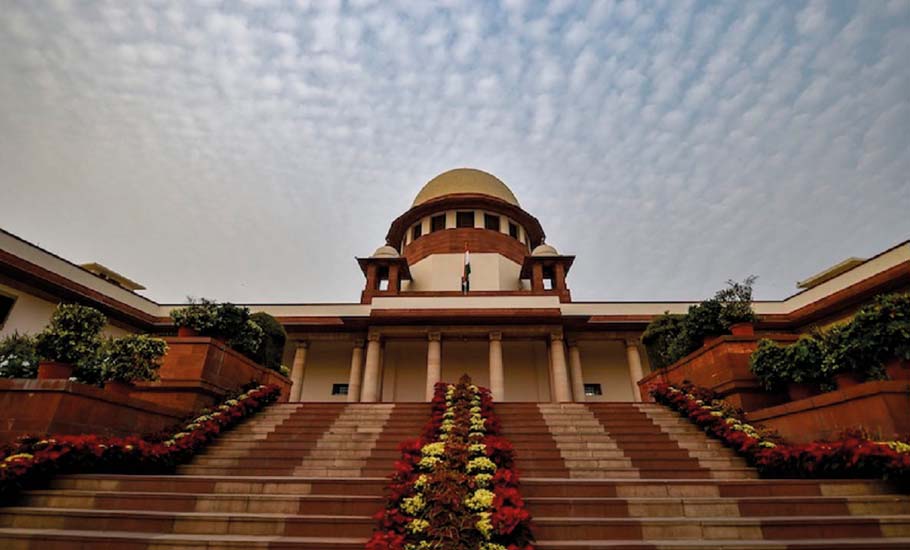
Why are law universities not implementing reservation?

Following the Supreme Court decision to uphold the validity of providing 27 per cent reservations for Other Backward Classes (OBCs) in the all-India quota postgraduate medical seats, it is now the turn of national law universities to implement reservation. But the universities are not implementing reservation, claiming that they are “autonomous bodies”.
Across India, there are 23 national law universities that provide legal education. Many universities established under state legislations have not been providing reservations to OBCs in the all-India quota seats and in state quota / local domicile seats.
Out of 23, so far only eight colleges have implemented OBC reservation. Out of the eight, only three universities – Gujarat National Law University, National University of Study and Research in Law, Ranchi, and Dr BR Ambedkar National Law University, Sonepat, Haryana – provide full reservation to OBCs.
Also read: TN appoints 4th police commission, how effective will it be?
The remaining five universities provide lesser percentage of reservation and these includes Hidayatullah National Law University, Raipur, Chhattisgarh (12.9 per cent); National Law Institute University, Bhopal (14 per cent); National Law School of India University, Bangalore, Karnataka (16.2 per cent); National Academy of Legal Studies And Research, Hyderabad, Telengana (18 per cent); and National Law University, Delhi (22 per cent).
“Despite the Central Educational Institutions Act, 2006, and the orders of the National Commission for Backward Classes and the UGC guidelines, these law universities should implement 27 per cent reservation for OBC. But most of the universities are reluctant to implement the reservation claiming that they are autonomous bodies. However, if they receive funding from the government, then they should implement reservation,” said G Karunanidhy, general secretary, All India Federation of Other Backward Classes Employees’ Welfare Associations.
In a letter to the national law universities dated December 25, 2021, P Wilson, advocate and the Rajya Sabha member of the DMK, had drawn attention that while the law universities have been proactive in providing reservations for NRIs and foreign nationals, they have completely failed to provide the constitutionally mandated reservations for BCs as per the relevant state reservation laws in the said seats.
Also read: How Sankaradas Swamigal shaped Tamil theatre before being ‘forced’ to leave it
“The NCBC exercised its powers under Article 338B of the Constitution and recommended the UGC to strictly monitor and implement reservation for OBC candidates in ‘all India’ seats and relevant percentage as recommended by respective state governments in ‘local domicile’ seats. The commission had called for a compliance report in this regard and also suggested stringent action against universities that violate the rule of reservation. This compliance report, if any, by the UGC should be made public in order to ensure transparency and accountability,” said Wilson in the letter.

